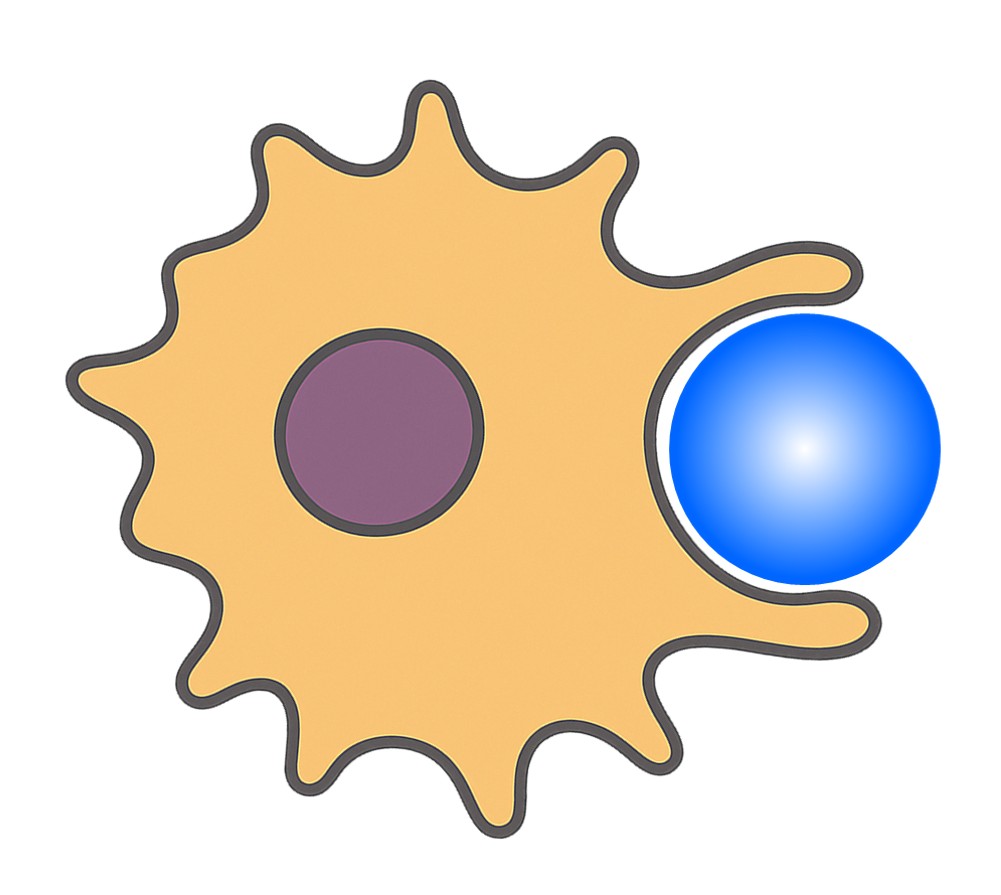UROP Research Mentor Project Submission Portal: Submission #1115
Submission information
Submission Number: 1115
Submission ID: 20171
Submission UUID: 469836d8-312a-4857-937f-cd57b6bdf4a9
Submission URI: /urop-research-mentor-project-submission-portal
Submission Update: /urop-research-mentor-project-submission-portal?token=CLoeSRy6Hy6fkOiW2nnwiaGeh3r6k4XFTSn8osut7zQ
Created: Tue, 08/12/2025 - 01:45 PM
Completed: Tue, 08/12/2025 - 03:30 PM
Changed: Wed, 10/01/2025 - 12:57 PM
Remote IP address: 144.174.214.38
Submitted by: Anonymous
Language: English
Is draft: No
Webform: UROP Project Proposal Portal
Submitted to: UROP Research Mentor Project Submission Portal
Research Mentor Information
Jingjiao Guan
Prof.
guan@eng.famu.fsu.edu
Faculty
FAMU-FSU College of Engineering
Florida State University

Additional Research Mentor(s)
{Empty}
{Empty}
{Empty}
{Empty}
{Empty}
{Empty}
{Empty}
{Empty}
Overall Project Details
Determine if phagocytosed insulin amyloid damages phagosomal membranes of macrophages
insulin, diabetes, phagocytosis, macrophage
No
1
Chemical and Biomedical Engineering, Biology
FAMU-FSU College of Engineering
Yes
In-person
10
Flexible schedule (Combination of business and outside of business. TBD between student and research mentor.)
Insulin-derived amyloidosis (“insulin balls”) develops at sites of repeated subcutaneous insulin injection and can impair insulin absorption and glycemic control. However, the cellular mechanisms that allow these deposits to persist remain poorly understood. We hypothesize that when macrophages phagocytose insulin amyloid, the fibrils inflict both physical and chemical damage to phagosomal membranes, resulting in lysosomal dysfunction and pro-inflammatory signaling that impairs clearance. To investigate this, we will employ a novel approach to synthesize insulin amyloid aggregates with precisely defined compositions and structures, enabling controlled studies of their interactions with model macrophages. Our research has two primary objectives: (1) to optimize methods for producing synthetic insulin amyloids with reproducible properties, and (2) to determine whether these aggregates cause measurable phagosomal damage in macrophages. By elucidating the mechanisms underlying insulin amyloid–induced cellular injury, this work aims to provide new insights into the pathogenesis of insulin-derived amyloidosis and to inform strategies for preventing or mitigating these lesions in diabetes management.
Conducting experiments including fabricating microparticles and culturing cells.
Recommended skills:
Fluorescence microscopy and image analysis
Data analysis and lab documentation
BSL-2 safety practices and chemical handling
Fluorescence microscopy and image analysis
Data analysis and lab documentation
BSL-2 safety practices and chemical handling
My approach to mentoring undergraduate researchers centers on fostering curiosity, independence, and resilience. I begin by identifying each student’s goals, strengths, and areas for growth, then tailor opportunities to build on their talents while expanding their skills. I believe in creating a safe and respectful environment where questions are encouraged, mistakes are viewed as learning opportunities, and perseverance is celebrated. I provide structured guidance at the start, gradually granting greater ownership of projects to promote accountability and confidence. Through regular feedback, I help students critically evaluate their understanding, refine their experimental approaches, and connect their work to broader scientific questions. I share my own experiences including challenges and failures to normalize the learning process and model professional integrity. Ultimately, my goal is to equip students with the technical skills, problem-solving mindset, and self-motivation needed to thrive in research and beyond, while cultivating a genuine enthusiasm for discovery.
https://scholar.google.com/citations?user=_8QHCAgAAAAJ&hl=en
{Empty}
No
N/A
UROP Program Elements
Yes
Yes
Yes
Yes
{Empty}
2025

